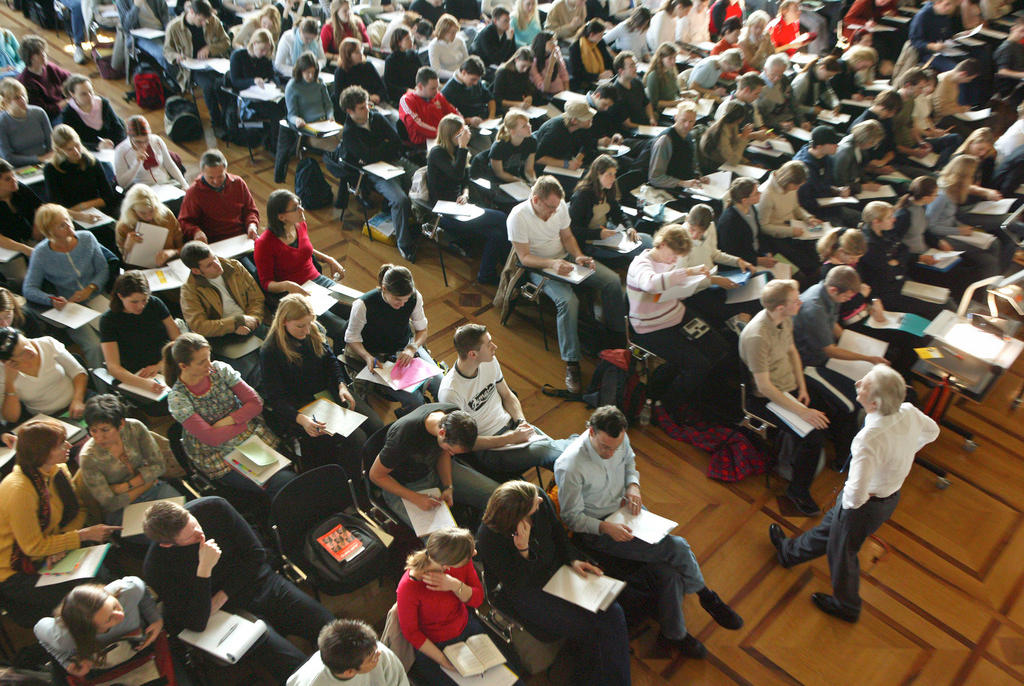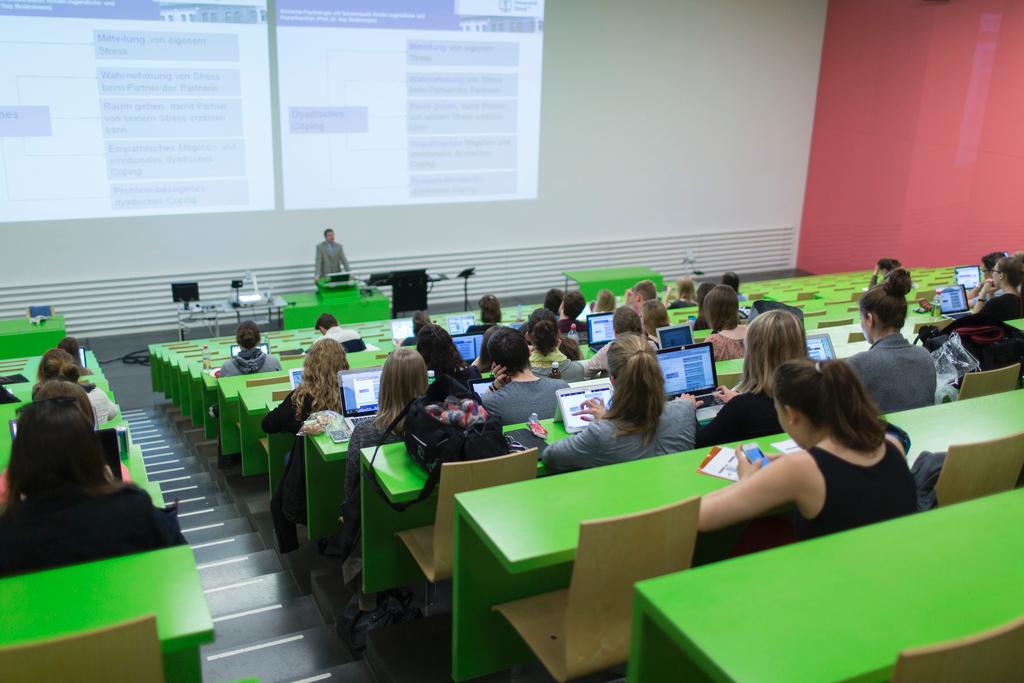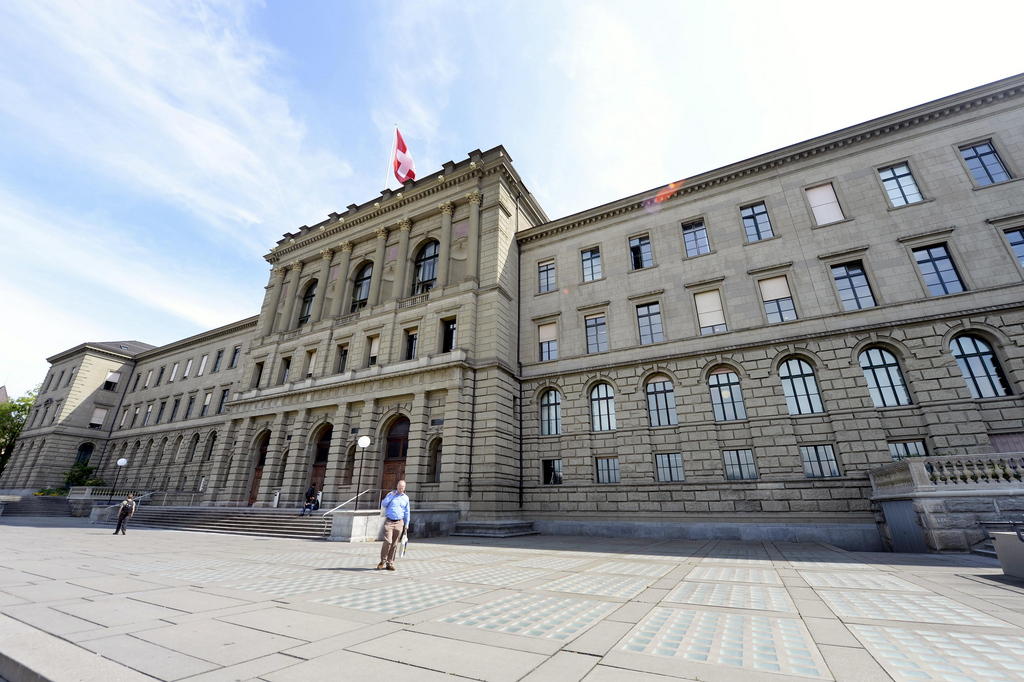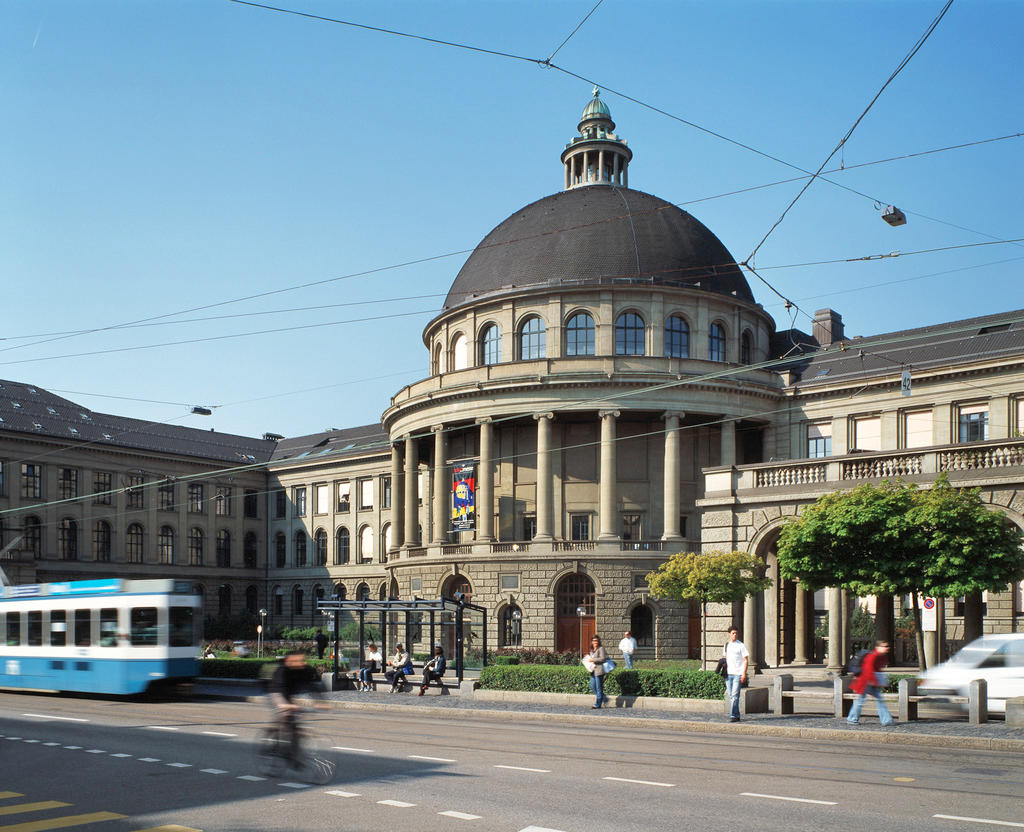Well connected: why the Swiss did well in Universitas 21

Switzerland has the second best higher education system in the world, according to the 2017 Universitas 21 report, just below the United States. Is it just resources or is there another factor in play?
The small alpine nation was ahead of the United Kingdom (ranked third) and its near neighbours in the classification of 50 countries, compiled by the Universitas 21External link group of research universities and released on May 5.
This global surveyExternal link differs from other rankings like the Times Higher Education (THE) and ShanghaiExternal link in that it assess national higher education systems as a whole rather than individual universities, in which Swiss universities sometimes make it into the top ten. In the THE rating for 2016, for example, the Federal Institute of Technology Zurich (ETHZ) gained 9th placeExternal link.
Switzerland’s high ranking for U21 came after it was given 5 for resources, 1 for connectivity, 6 for output and 12 for environment.
“The strength of Swiss higher education lies in the concentration of resources on high quality universities with strong international connections and good engagement with industry,” U21 lead author Ross Williams, a professor at the University of Melbourne, Australia, told swissinfo.ch.
Connectivity is key
The connectivity component also measures how well the higher education system connects to society at large in terms of knowledge transfer, noted Gaétan de Rassenfosse, holder of the Chair of Innovation and IP Policy at the Federal Institute of Technology in Lausanne (EPFL), who assisted in the report.
“Thus, while the government invests heavily in higher education covering both education and research, the high connectivity score also suggests that the higher education system ‘gives back’ to society,” de Rassenfosse told swissinfo.ch in email comments.
He said that as government budgets around the world come under pressure, it is tempting to reduce education and research funding because the short terms effects are painless – most harm will come in the long-term.
“Thus, universities constantly need to demonstrate that they are useful to society. The U21 ranking makes clear that the Swiss higher education system does better than any other system in the world, at least on that metric,” de Rassenfosse said.
GDP ranking – adjustments
An additional ranking took into account economic development in the country to make an adjusted set of results. After “levels of GDP per capita” were factored in, Switzerland was ranked in twelfth place, as in 2016.
Interestingly, Switzerland’s resources score slipped to 16th place under this ranking compared with 5 in the overall score. By contrast, some Nordic countries invest heavily in absolute terms and relative to their economic development, added de Rassenfosse. Thus, Sweden achieves 5 in the overall score and 5 in the GDP adjusted rank.

In compliance with the JTI standards
More: SWI swissinfo.ch certified by the Journalism Trust Initiative





You can find an overview of ongoing debates with our journalists here. Please join us!
If you want to start a conversation about a topic raised in this article or want to report factual errors, email us at english@swissinfo.ch.